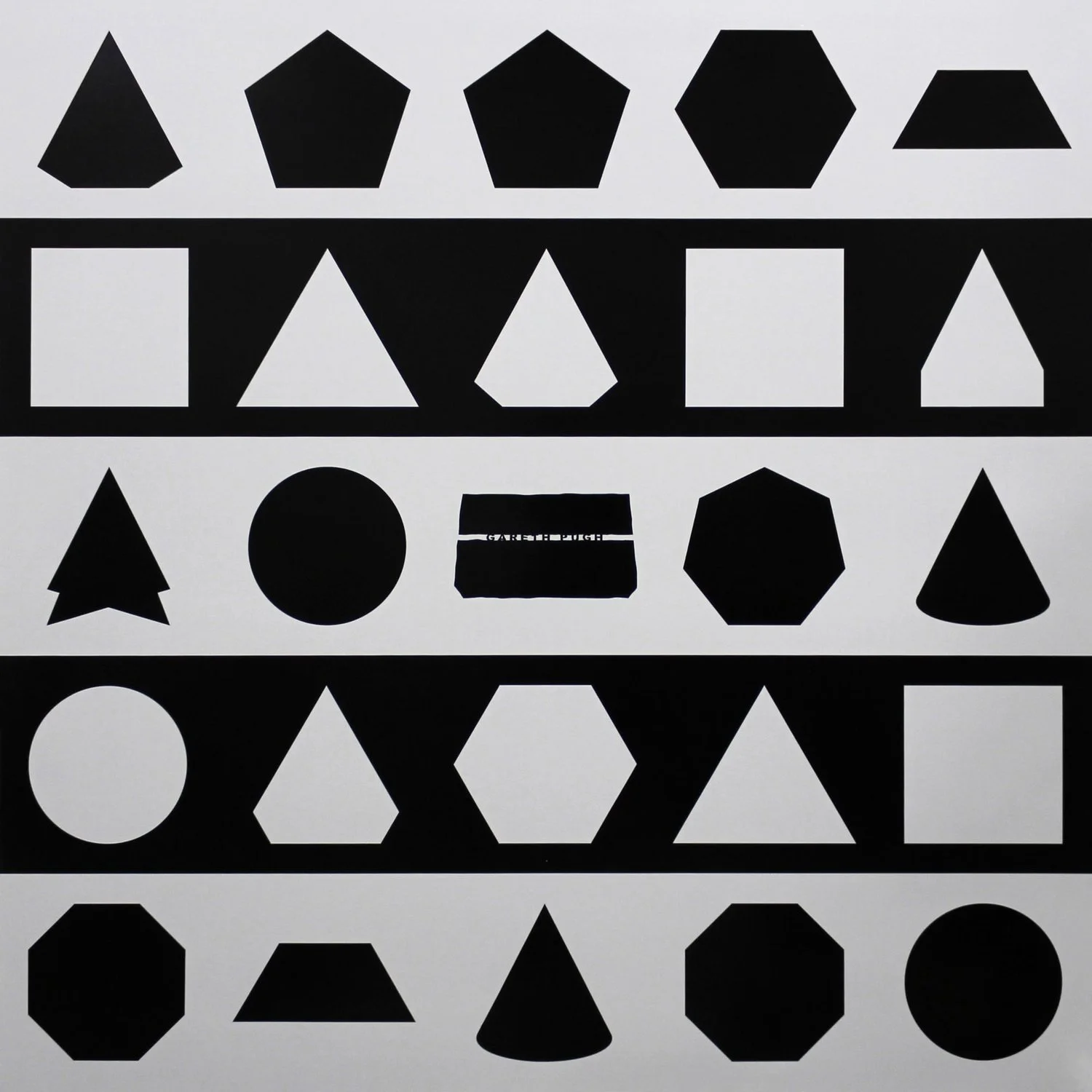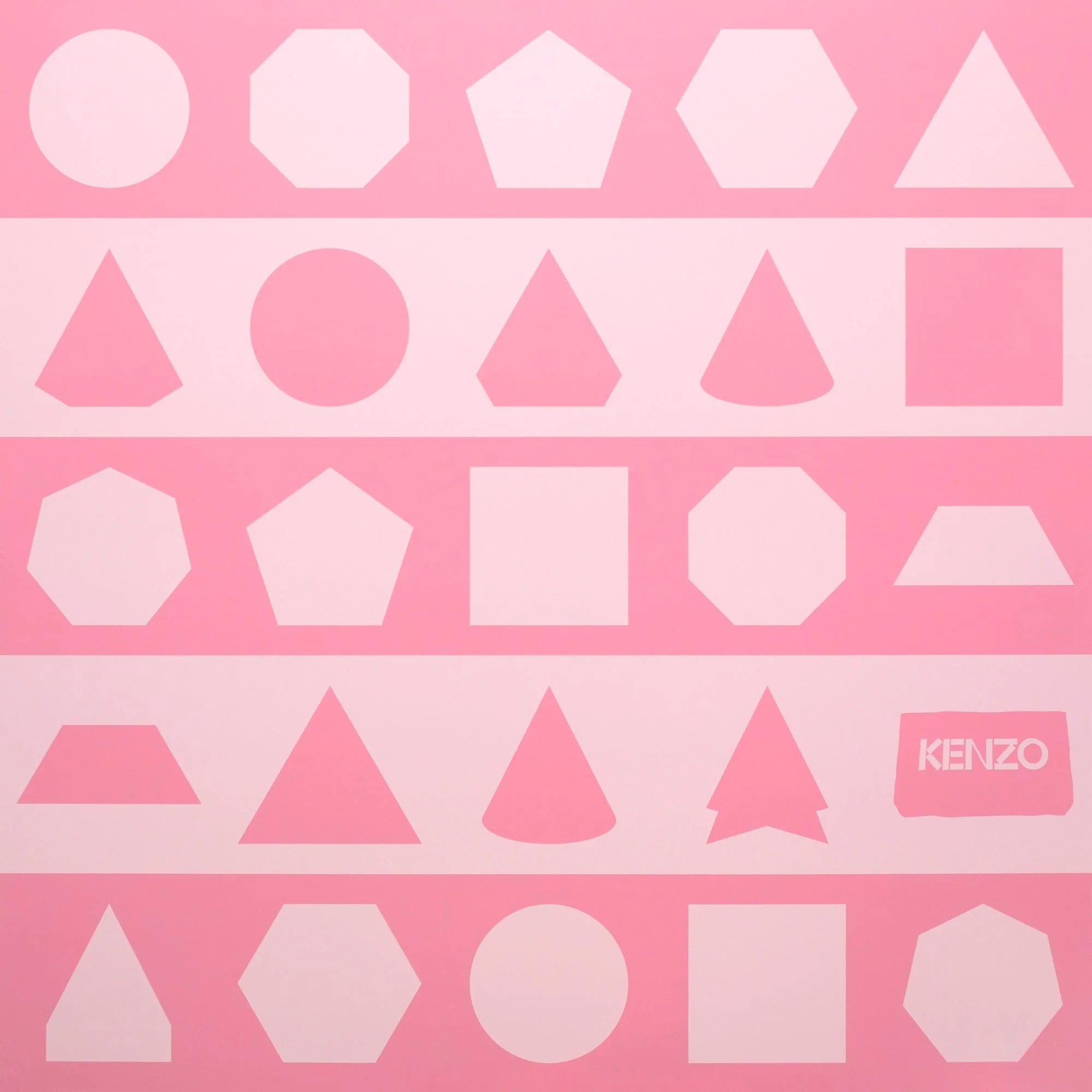10 Questions with Kyle Yip
ISSUE09, Original1, and Issue11 MAGAZINE | FEATURED ARTIST
Kyle Yip is a JUNO Award-Nominated hypersurrealist artist internationally recognized for his highly accurate recreations of visual art, electronic music, and films originally envisioned during his dreams. His work has been exhibited internationally, including Nuit Blanche in Toronto, JanKossen Contemporary in New York City, Ignite Gallery at OCADU, and the CICA Museum in South Korea. He was awarded first place at the AGM's Juried Show of Fine Arts and the OAC Exhibition Assistance Grant 2021-2022.
Kyle Yip in front of his painting
ARTIST STATEMENT
Yip discovered how to consolidate his studies of psychology with his art practice within different states of conscious awareness in 2017—from different stages of restful awareness and sleeping to dreaming. Yip is able to perceive then examine these artworks which emerge during these states in vivid detail. Viewing these works as the diagnosis of a cultural condition can reveal how the unconscious has been visually colonized through serial repetition of monotonous imagery of the commodity form.
Dream Painting F10 © Kyle Yip
Publications featuring the artist
INTERVIEW
First of all, tell us something about yourself and your career. What is your background, and how did you develop into the artist you are today?
I am a queer, Canadian, JUNO Award-Nominated hypersurrealist artist of mixed racial descent, internationally recognized for my highly accurate creations of original visual art, electronic music, and films from my dreams. My background is in visual art and animation, but I am also a self-taught electronica producer and Savvy Records label owner. I received the JUNO Award-Nomination for the Best Electronic Album of the Year from the Canadian Academy of Recording Arts and Sciences for my debut album, The Midas Touch, in 2016.
I developed into the artist I am today by exercising my freedom, expressing my identity, and following my interests through a confluence of personal, professional, and spiritual lifetime experiences.
You won several awards over the years. What is your most treasured memory as an artist?
Being nominated for a JUNO Award at The JUNO Awards Week was my most treasured memory as an artist. I will never forget missing the initial announcement, although I was personally invited to The JUNO Awards Press Conference, because I had this idea that great things only happened to others. So when I read about it online later that day, I thought I was dreaming. Even after a week of extravagant celebrations and recognition in Calgary, it took me several months to fathom what that meant to me personally. I realized my potential after a trying time of isolation, and my life was about to change.
Dream Sculpture A1, Acrylic, argon, neon, glass, rubber, and transformer on powder coated steel, 48x48x3 in, 2020 © Kyle Yip
What experiences, both working and personal, have influenced your work the most?
It was a renowned psychic advisor who was the first to suggest I could become a very successful surrealist artist and was very specific about the various subgenres of art I would be recognized for. It was a very profound encounter, to say the least, to listen to a woman whom I have never met in a very unassuming suburban home in Ontario reiterate conversations only I would have been able to recall between myself and late relatives. So much so, I had to go back for a second reading because I had so many follow-up questions. I just sat there and listened to her read me like a book for hours, in complete awe, knowing there was no way she could have possibly been able to research any of my personal history beforehand. I would think of a question to myself, and she would then repeat that question aloud and answer it for me.
Let's talk about your work. Dreams deeply influence your paintings as the manifestations of our deepest desires. How did you come up with this idea?
I discovered art therapy, dream-work, meditation, yoga, and reiki after an arduous decade of trial and error approaches to my own personal development. This was when I was introduced to the Gestalt dream-work. The idea was that dreams were projections, if not the manifestations of oppressed, repressed, or suppressed parts of our psyche. Through free association, one would be asked to personify an aspect of their dream, thereby integrating them into their being. Once I was able to condition a candid inner dialogue, I was then able to connect with my higher consciousness. It is my understanding that when we dream, we connect to the spiritual matrix then wake up. We are all differentiations of the same aspect, and that aspect is love.
When the clubs shut down due to Covid, I made the decision to commit full-time to my art practice. This was when I started having very vivid, prophetic dreams about artwork from my future. So while it quite literally happened overnight, it was only after decades of hard work.
What are your main influences and source of inspiration?
My dreams about contemporary art, electronic music, and films are my main source of inspiration. However, there are many other underlying motivators, such as enlightenment, radical acceptance, spiritual transcendence, and unconditional love.
Dream Painting F3 © Kyle Yip
Dream Painting F12 © Kyle Yip
What is your creative process like? What are the steps that you follow in creating your works?
I try to honor every aspect of the creative process from the dream in which my work is initially envisioned. This includes utilizing the same techniques and applications whenever possible. I had to start keeping a dream sketchbook on my nightstand including the specific colors, dimensions, materials, techniques, timestamps, and details of my work because I was experiencing them so frequently and knew it was important not to forget how they were created. I currently have two sketchbooks completely full of original works from dreams and several others on my phone when I first started this process.
During a dream I experienced on June 22nd, 2020, I was presented with a four-by-four foot painting on a wood panel in a reputable gallery — now closed — in Toronto. To my left, there was vinyl text on the wall of the solo exhibition title, RENAISSANCE SHOW, which I am currently working on. The series features abstractions of the United States Flag integrating equilateral polygons and deconstructed high fashion consumer packaging into five horizontal stripes across various two-tone color schemes. The paintings would then interchange themselves instantaneously with other variations. After the appearance of the third painting, I identified I was having another dream about work from my future, so I approached the panel to examine it further. That is when the black paint blew out into a portal into outer space. I stumbled back, and the paintings began flashing before me in rapid succession. Finally, everything faded to black, then I woke up and immediately wrote everything down in my sketchbook.
During two other dreams — Dream Paintings Series E — specific individuals from my life, including friends and family, would paint the pieces for me. Although it has been difficult to host social gatherings during Covid, I managed to integrate the same individuals into the creative process of this ongoing series from the recurring dreams in which they were originally created.
Dream Painting A20 © Kyle Yip
Dream Painting A15 © Kyle Yip
In your work, you use different mediums. What do you think of digital art and NFTs?
I am open to all modalities of expression, including but not limited to digital and new media art.
Art is abstract because interpretation is subjective. Money is abstract because value is subjective. The intersection between art and money is, therefore, contextually incongruent to coordinate using objective means. Money was invented thousands of years ago as an IOU to compensate for a lack of conventional trading value. This gap in trading value has been exploited through capitalism ever since.
Non-fungible tokens have provided artists a legitimate means to monetize and proprietize digital media. I have and always will support the optimization of any hyperbolic system. As we experience a shift from the collective to individualistic mindset, it comes as no surprise to see artists succeed after all these years of oppression.
And what are your thoughts on digital presentations and online exhibitions? Do you think they are here to stay, despite galleries and museums opening up again, or were they just temporary ways to show works during the pandemic?
Sometimes viewing exhibitions in a digital forum can be more palpable than in person. Digital, new media, post-internet, and virtual art, for example, can be more conducive for online digital presentations. If there is anything global catastrophe has taught us is not only our collective resilience but also our ability to innovate technologically and socially adapt. That being said, I am very interested in the intersections between internet-based mediums such as video gaming and post-internet art in a refined cyberspace.
Other genres of art, however, tend to have a more visceral impact in person. I will never forget the first time I saw a Rothko painting at The Art Gallery of Ontario. He was an artist I studied for several years in school, but when I engaged with his work face to face, it made so much more sense. Being immersed in the sheer colors and relative scale of the work allowed me to process its gesture on a much more emotional level. Not all ideas can be understood using the mind.
Dream Painting F11 © Kyle Yip
Dream Painting F15 © Kyle Yip
What was one lesson you learned over the past year? And one thing you wish you could achieve earlier?
Everything about our experiences up until now is perfect. The only thing we can do about our past is to accept it. The question we should be asking ourselves is what kind of individuals do we want to be going forward. One thing I always strive for is to share the same openness I have with art with all other aspects of my life. Being as present as possible is always advisable.
Finally, what are your plans for the future? Anything exciting in terms of exhibitions or future projects?
I am concurrently searching for representation while working towards my upcoming physical solo exhibition entitled "RENAISSANCE SHOW". I will also be exhibiting at OCAD University's Ignite Gallery opening launch group exhibition: Lose Your Illusion as part of the Ada Slaight Exhibition Centre early this year. I will then be exhibiting and presenting at the CICA Museum's International Symposium for Visual Culture & Exhibition 2022 in March in Gimpo, South Korea.


























